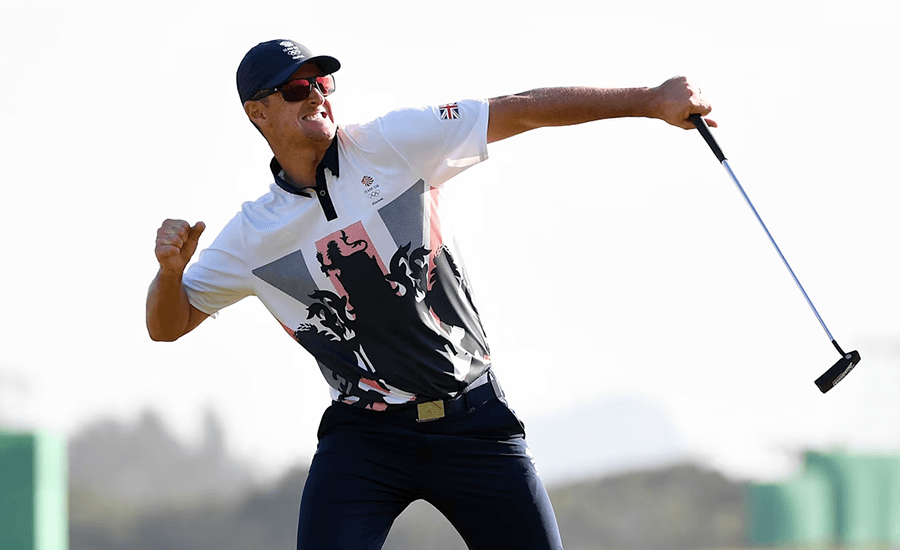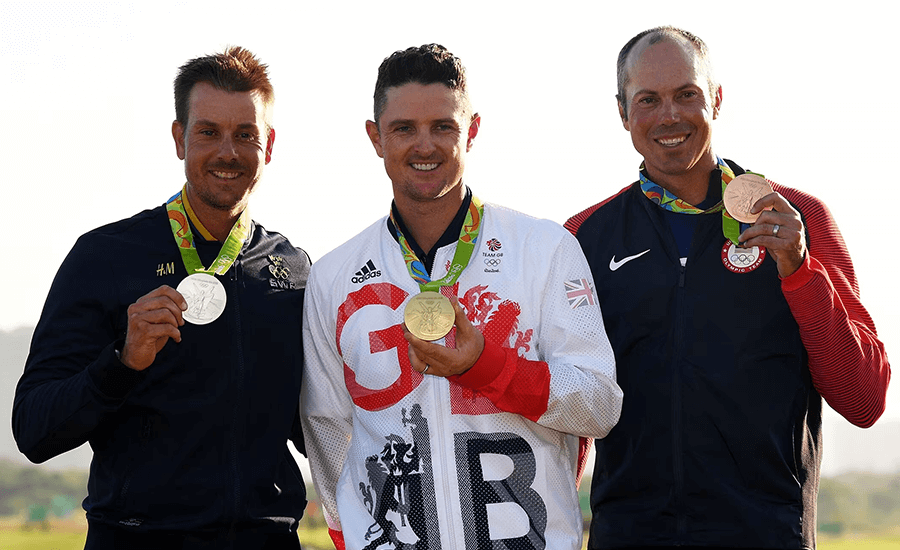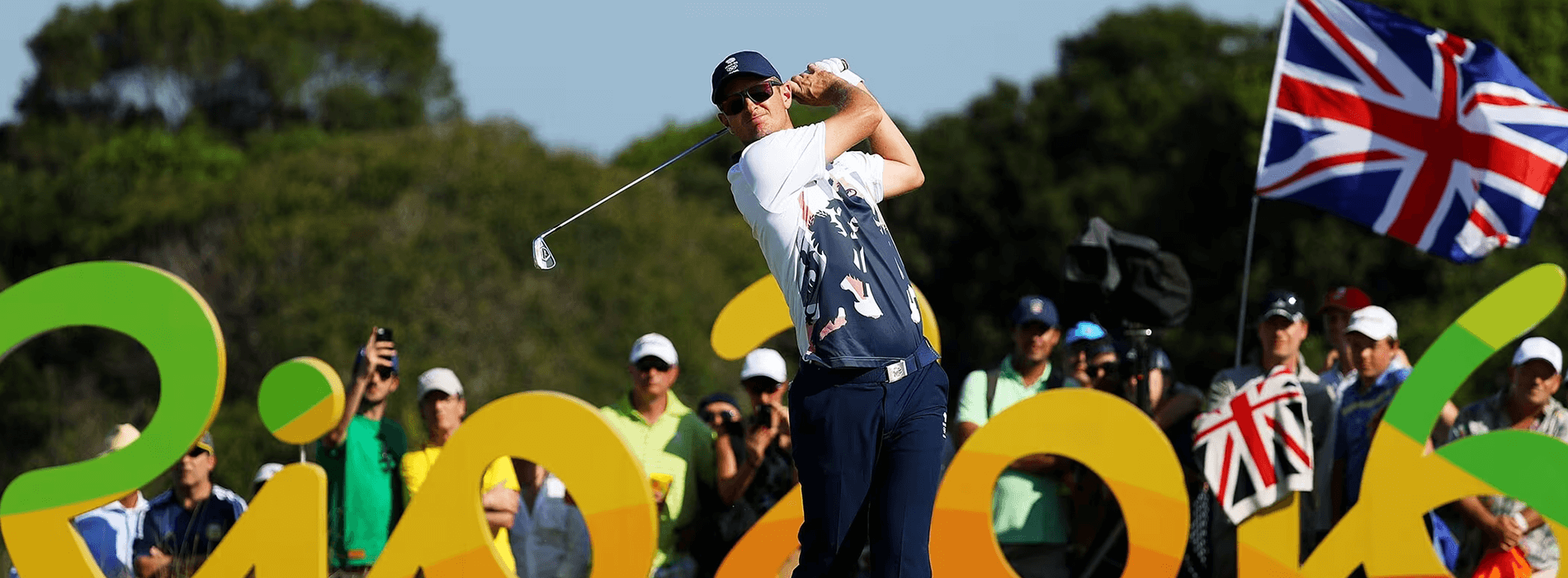The 2016 Olympic Games golf tournament in Rio de Janeiro was set to be a historic event, marking golf’s return to the Olympics after more than a century. For Justin Rose, this tournament became a defining moment in his career, marking his place in golfing history.
Making History with a Hole-in-One
Justin Rose’s journey to Olympic gold began with a historic achievement: the first-ever hole-in-one in Olympic competition. This remarkable feat occurred at the 189-yard par-three fourth hole on the opening day at the Barra da Tijuca course. Reflecting on this milestone, Rose remarked, “When you’re the first to do anything, no one can ever take that away from you. That was definitely a cool moment.”
His performance on the first day set the tone for the tournament. Rose recorded a four-under-par 67, placing him fourth on the leaderboard, four strokes behind Australia’s Marcus Fraser, who led with a 63. This strong start provided a solid foundation for Rose’s pursuit of Olympic glory.
Early Life and Career Beginnings
Born in Johannesburg, South Africa, Rose moved to the UK with his parents at the age of five. He began playing golf soon after and made a name for himself as a 17-year-old amateur by finishing fourth at the 1998 Open Championship at Royal Birkdale. This early success, highlighted by a memorable chip-in from the rough on the 18th hole, was a precursor to his professional career.
Rose turned professional the day after the 1998 Open Championship but struggled initially, missing 21 consecutive cuts on the European Tour. His persistence paid off in 2002 when he secured his first tournament victory. Over the next few years, Rose’s career flourished. In 2007, he won the European Tour Order of Merit and broke into the top 10 of the world rankings. His career highlights include helping Europe retain the Ryder Cup in 2012 and winning the 2013 U.S. Open, becoming the first Englishman to do so since Nick Faldo in 1996.
The Road to Rio
As the Rio 2016 Olympics approached, Rose was determined to make his mark. “It’s an opportunity to create a bit of a legacy in the game by winning the first Olympic gold in over a hundred years,” he said. Rose embraced the Olympic spirit, enthusiastically sharing his experiences and supporting his fellow British athletes on social media.
By the second round, Rose had moved to six-under, still trailing Fraser by four shots. However, a third-round 65 catapulted him to the top of the leaderboard at 12-under, with Sweden’s Henrik Stenson just one shot behind.
The Final Showdown
The final round saw a thrilling battle between Rose and Stenson, who were tied at 15-under as they approached the 18th hole. Stenson’s wayward approach shot gave Rose the opening he needed.
While Stenson three-putted, Rose sank his birdie putt to finish at 16-under, securing a two-shot victory and the gold medal.

A Historic Victory
Reflecting on his victory, Rose said, “Oh my God, that felt better than anything I’ve ever won. It’s been the best tournament of my life. It felt like a cross between a golf tournament and a carnival. It was unique, incredible! Coming up with that at the last hole when I needed it was magical. Hopefully, we’ve shown Brazil what golf is about. I’m glad it was close. Not for my nerves, but for golf!”
Legacy in the Making
Rose’s triumph at the Olympics was more than just a personal victory; it was a historic moment for the sport of golf.

Justin Rose became the first Olympic golf champion since Canada’s George Lyon in 1904, forever etching his name in the annals of golf history.

